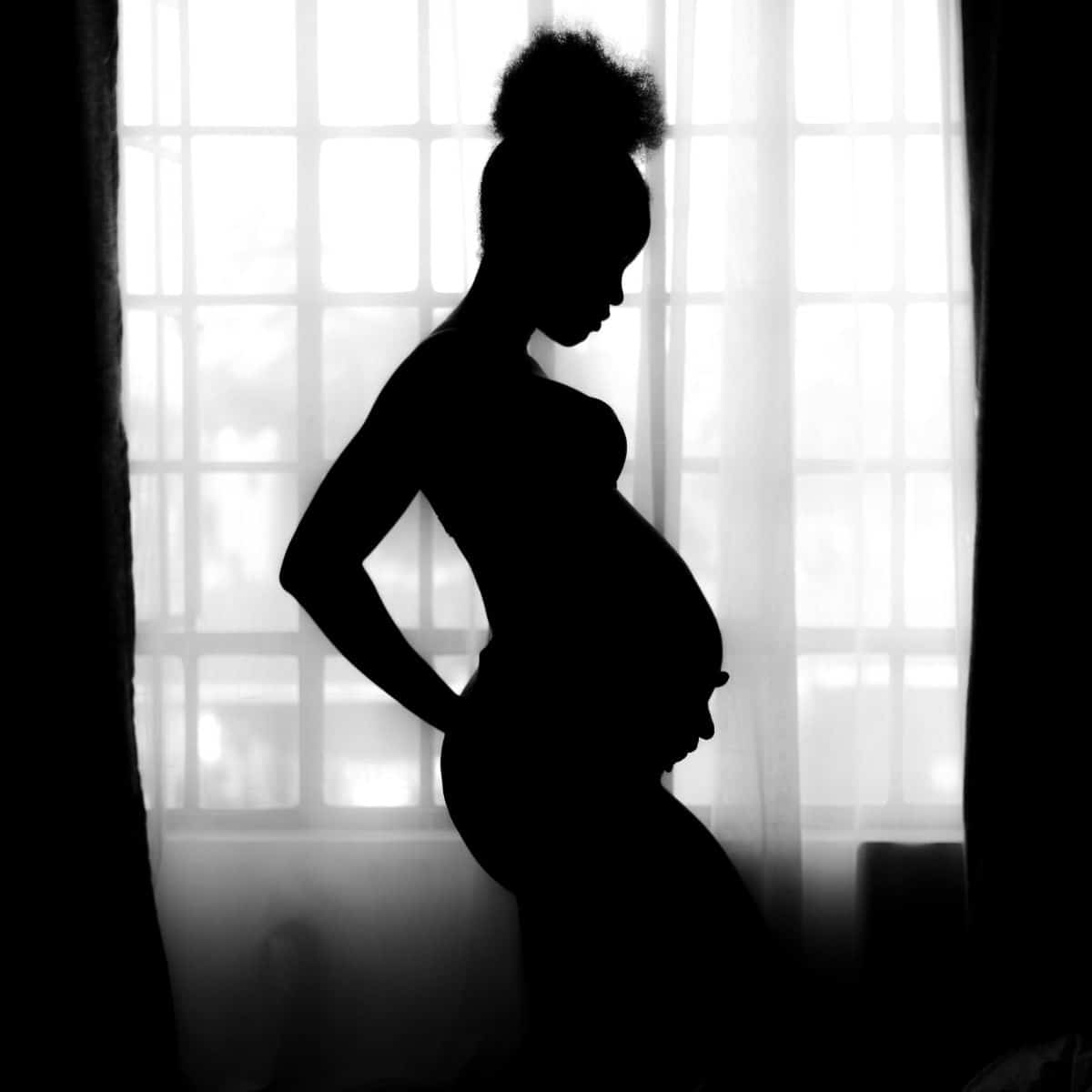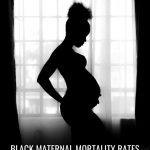I am writing this for my rockstar son, Chase, one of the most magnificent beings. And for everyone who has endured the trauma of delivering a child early, or of a medical system where black maternal mortality rates are astronomically high.
Chase was born very early, at 30 weeks and 1 day. I experienced both pregnancy and labor complications that showed me just how scary labor and delivery can be, especially among African American women.
The United States, after all, has the highest maternal mortality rates of any “developed country” in the world, and the statistics are even worse among African American women.
Research shows that black mothers are 2-3 more times as likely to die from pregnancy or childbirth-related complications than mothers of other races, and 3-4 times more likely than white mothers.
It was in this climate that I gave birth to my son, Chase.
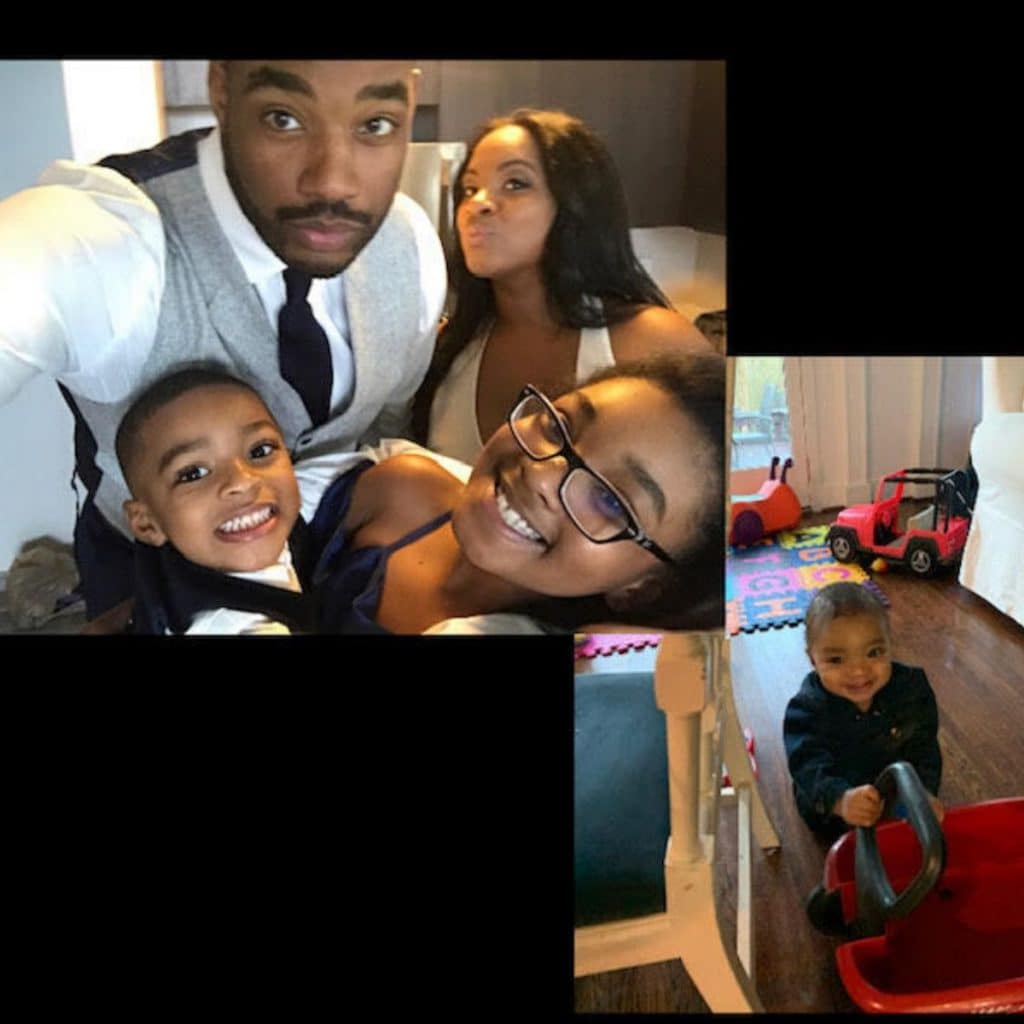

This site contains affiliate links, meaning that we earn a small commission for purchases made through our site. We only recommend products we personally use, love, or have thoroughly vetted.
A High-Risk Pregnancy in Multiple Ways
Getting pregnant with my third child, Chase, was like a dream.
I was 34, and I had just recovered from a minor surgery to remove my uterine fibroids. Thankfully, the surgery had gone seamlessly.
Editorial note: The risk of pregnancy complications for Aisha were greater because of the fibroids. Fibroids and preeclampsia are 3 times more likely to occur in black women than in white women, according to ProPublica. In fact, 80% of black women have fibroids, and no one knows why.
I really wanted to have my third baby at the age of 35, but as the adage goes, be careful what you wish for.
Appearance vs. Reality
From what the doctor could see, I was “healthy.”
I was happily married. I had 2 amazing children and 2 prior easy pregnancies with “no prior complications.”
Seemingly a perfect time and place to have a baby, right?
But what I knew about my body and my readiness to have another baby was different from my doctor’s expectations.
I knew that I was overweight, and that I had gained too much weight during previous pregnancies, despite actively trying not to.
I also knew I had not lost a significant amount of weight after my previous pregnancies, despite trying.
During my previous pregnancies, I had remained active, sometimes going to the gym daily. I ate a sensible diet for a pregnant person, and I told myself, “After my third baby I will make sure the weight never comes back.”
But I just couldn’t figure out why I couldn’t lose the weight.
I sought medical help and spent thousands of dollars trying to solve this problem. But I have felt over the years that medical professionals have not taken my health seriously.
Research shows that I am not alone. Black women are regularly taken less seriously by their doctors than their white counterparts, or even than black men.
When the Terrifying Black Maternal Mortality Statistics Became Personal
I remember being wheeled through Northside Hospital, not quite in my third trimester. I was headed to an appointment with my perinatologist, a specialist that most pregnant women don’t even know about.
Perinatologists (also called maternal-fetal specialists) diagnose and treat complex maternal-fetal conditions.
It was at least my third visit.
I turned around to the nurse and said, “This is so scary. Do you know about the statistics regarding black women in this country dying during pregnancy?”
She was aware, but the question freaked my husband out. He quickly responded with, “Don’t say that! Why would you say that?”
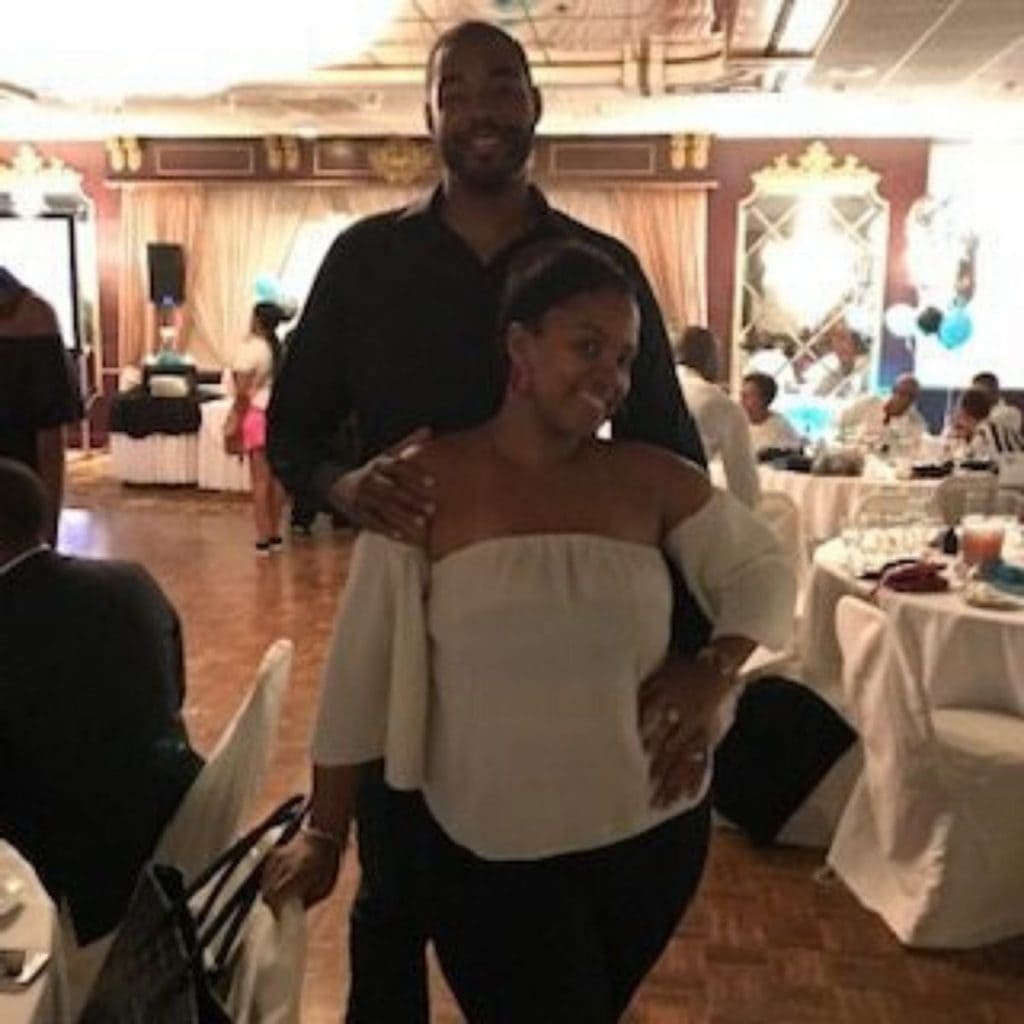
But how could I not acknowledge a fear based on racial disparities in prenatal care that the nurse and I both knew about? We could not ignore that the chance of an African American dying from childbirth-related complications women are 3 to 4 times higher than the risk faced by their white counterparts.
Admittedly, I never thought I was going to die. But knowing how many preventable deaths occur as part of this racialized public health crisis was still scary.
I was also stunned the feeling of utter emptiness that this process of being a high risk black woman in the American health care system would give me at my lowest moments. It was otherworldly.
There were warning signs about my health that appeared early on that I simply did not listen to, and that my doctors did not listen to.
And as a black woman, I already knew that these warning signs could be far worse for me if no one was listening.
Inequities in Black Maternal Health Care
National Public Radio’s (NPR) exposé of maternal mortality in the United States (2017), “Lost Mothers: Maternal Mortality in the U.S.,” blew the lid off disparities between maternal care for white and black women.
The exposé featured an article on Shalon Irving, an epidemiologist at the Centers for Disease Control, who died of complications from high blood pressure only three weeks after giving birth.
Irving’s story highlighted how black women are disproportionately affected by maternal deaths, due largely to African American prenatal care receiving less attention than for white women.
The statistics the article reveals are taken from the very pinnacle of health expertise: The Center for Disease Control and Prevention (CDC).
The same place where Shalon Irving, PhD worked as an epidemiologist.
These statistics are daunting, mystifying, and downright terrifying:
“Black mothers in the U.S. die at three to four times the rate of white mothers, one of the widest of all racial disparities in women’s health. Put another way, a black woman is 22 percent more likely to die from heart disease than a white woman, 71 percent more likely to perish from cervical cancer, but 243 percent more likely to die from pregnancy- or childbirth-related causes.”
If it’s not clear from Irving’s story–the story of a woman with a PhD in SCIENCE–it’s clear from these hard statistics.
Me, a mother of two healthy children and one on the way, had every right to be concerned about being an African American woman who required the care of a high-risk pregnancy specialist.
Pregnancy Complications with Chase
By the beginning of my seventh month of pregnancy, I was exhausted in a way that I can not describe. Yet I didn’t stop.
My doctor told me that my blood pressure was dangerously high and that I would need to go on bedrest. I was terrified.
But I was not told exactly how important bedrest was, or what the impact of not doing it could be on my body or my child.
I had my entire pregnancy planned, down to my leave from work, and this completely threw everything off track. Or so I thought.
I could not wrap my head around bedrest. I continued working a stressful job, albeit from home, but I left every day to get my kids. I also entertained them, cooked, and even hosted family members for visits.
As things took a turn for the worse, people would come over and do that thing. You know, that thing where they would lean over me, squint and say “Aisha, you don’t look so good.”
My response was always, “I am seven months pregant, what do you expect, a swimsuit model?”
Despite my humor, I was scared. And given the statistics about the black maternal mortality rate, I had every right to be.
I knew my blood pressure was high. Had I researched fibroids before pregnancy, I would’ve known I was at an increased risk for preeclampsia.
Again, this is something my doctors should have told me. But racial disparities in prenatal care are evident even in the same hospital.
[Editorial note: Katy, the founder of this website, also had preeclampsia. She delivered at the same hospital, but she was warned of the risk the second she showed any possible sign, and she was monitored extremely carefully from that point forward.]
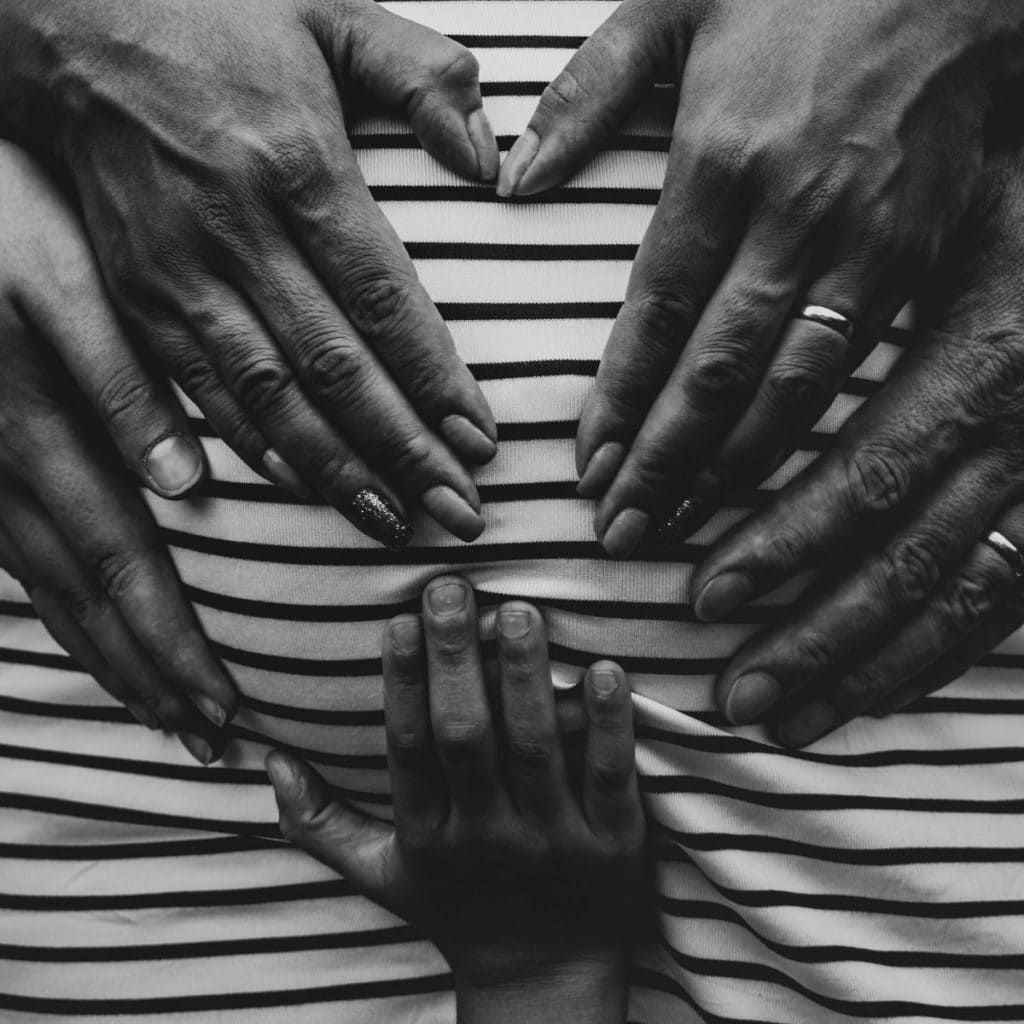
Not Being Informed of My Risk Became Life Threatening
One night, my entire body felt like a water balloon. My face, hands, and feet were swollen, and I thought it had to be edema, otherwise known as excess swelling.
I checked into the hospital for the second stay of my pregnancy with Chase. I remained there until his birth.
I had edema of course, but worse, my urine protein showed I had developed preeclampsia.
Honestly, I had only heard this term once. Remember, my previous two pregnancies were healthy, and no one had warned me of my risk.
I’d only heard about it when Kim Kardashian spoke about not carrying more children on her own because of the condition.
In other words, what I knew was the preeclampsia was dangerous and scary, and doctors should’ve told me that I was high risk for this condition. Why didn’t they??
Why Didn’t I Slow Down, Even While on Bedrest?
Part of the reason I didn’t stop and listen to my body was that I felt guilty about being sick. Mom guilt is very real, and my kids were used to a fun, engaged, active mommy.
I felt serious parenting guilt about the fact that I had become the opposite of what they had known before my pregnancy with Chase.
Also, I had adjusted to being overweight, so it was harder to recognize that I was unhealthy.
My doctors never helped me understand that there were connections to preeclampsia and being overweight. They never told me fibroids made me more likely to have preeclampsia.
I had multiple risk factors for preeclampsia, but no one warned me until I developed it.
Being on hospital bedrest wasn’t worth any activity I attempted to complete prior to that time. I kept wondering, “Why didn’t I slow down?”
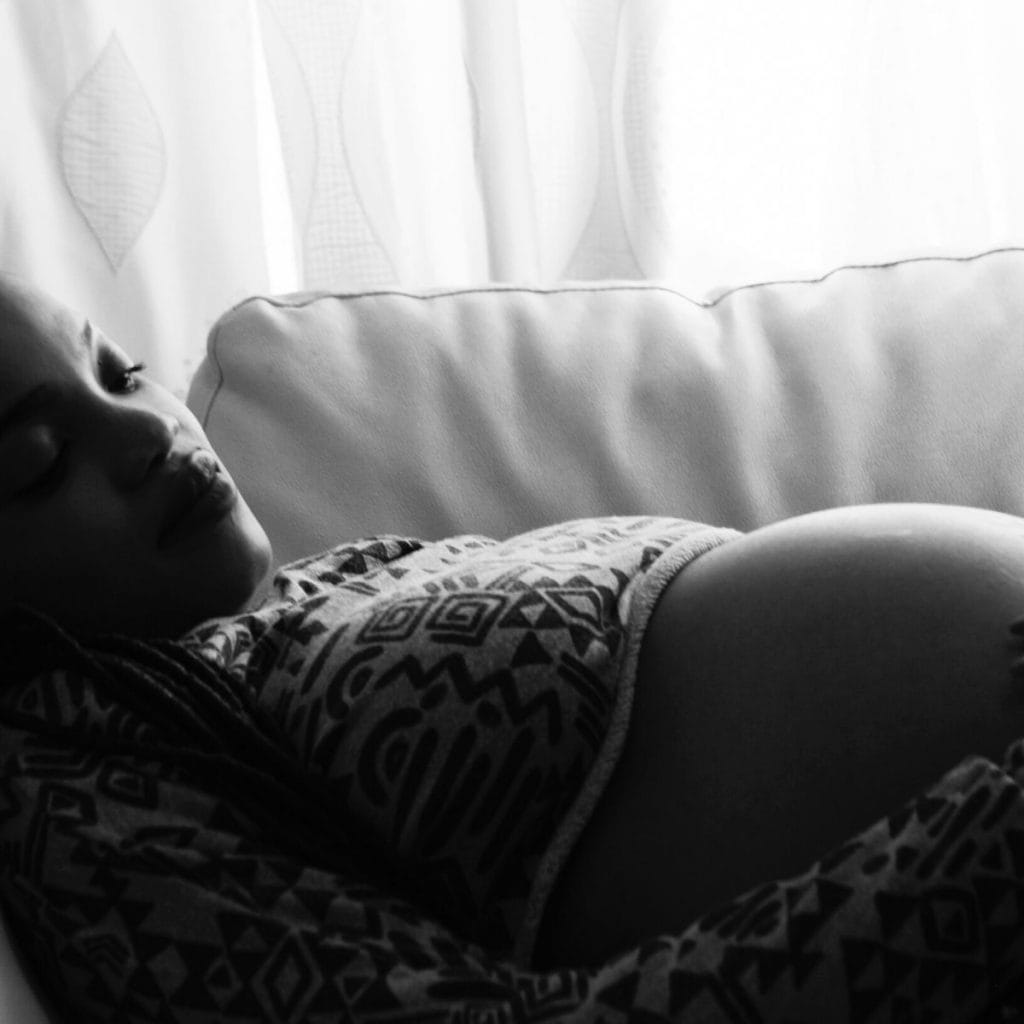
I can’t help but wonder if I would’ve taken bedrest more seriously had anyone bothered to explain how serious my complications could be. I can’t help but believe I would have.
Patients shouldn’t just be told how to behave; they need to understand why that behavior is necessary. We deserve to know what’s happening to our own bodies.
Chase’s Delivery
After a week in the hospital, with no safe way to lower my blood pressure, the perinatologist said, “We are going to need to deliver this baby.” I was 30 weeks and 1 day.
I knew it was time to deliver, and I just prayed that we would all make it through and be able to thrive on the other side.
The delivery seemed normal, and the staff at Northside Hospital in Atlanta did a remarkable job of treating me as if I were going to be okay.
There were, of course, three times the number of nurses than a normal birthing room, but the room felt calm and supportive, and the number of nurses is a testament to the fact that I was receiving far better care than many of my black female counterparts.
This is one way in which my care team really supported me. I was lucky to be at such a good hospital, and that I didn’t need to worry about patient empowerment or being my own advocate during the birth.
I had needed to be my own advocate, without knowing it, during prenatal care. But at the moment of childbirth, I was thankfully well taken care of.
My husband morphed into a superhero. He was everywhere for me and my children.
My son Chase came into the world extremely healthy for a baby born at his gestation. One nurse even let me hold my tiny 3.4lb son before he was rushed to the NICU.
I hope she knows that those three seconds gave me the strength to get through a very otherworldly experience over the next five weeks. I hope healthcare providers who show such kindness to their patients know their positive impact.
A Message to Women of Color
Despite everything that happened to me, and to Chase, I am now on my journey to living my best life. My son is on par with his peers in nearly every category. We are so blessed.
I am on a mission to get healthy and to empower and inform women on their pregnancy journey.
I am motivated and excited to live a truly healthy life and educate others about black maternal mortality rates along the way.
Because you see, I was one of the lucky ones. Despite questioning why I wasn’t informed of my risk factors during prenatal care, and why no one told me the possible severity of symptoms I was showing, I did catch the problem and I did have a delivery team that made me feel safe and protected.
This is not the experience of most African American women. Black maternal health statistics show just how fortunate I was.
I was lucky to fall on the good side of statistics this time. But the experience taught me things I want to pass along to other women, especially women of color:
- Do what your body is telling you and, if necessary, be still.
- Take control of your actions and be mindful of a system that is struggling to meet the needs of your community.
- Do your homework. Organizations like Blackmamasmatter.org have tons of great resources.
- Advocate for your care if you need to. Be an empowered patient. It could be lifesaving.
Have you had to be your own advocate for better black maternal health care?

